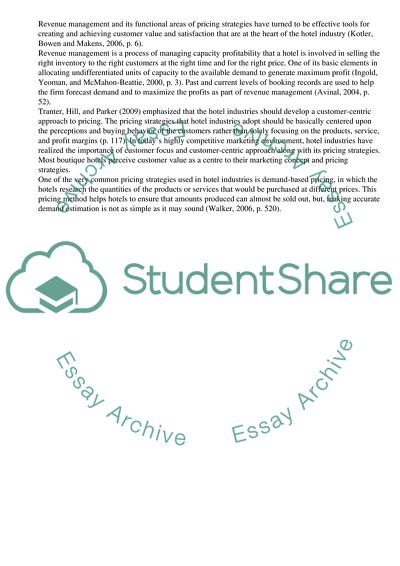Cite this document
(Revenue Management Research Proposal Example | Topics and Well Written Essays - 1500 words, n.d.)
Revenue Management Research Proposal Example | Topics and Well Written Essays - 1500 words. https://studentshare.org/management/1569945-how-does-pricing-strategy-and-price-optimisation-become-strong-elements-in-revenue-management-to-the-independent-boutique-hotels-in-london
Revenue Management Research Proposal Example | Topics and Well Written Essays - 1500 words. https://studentshare.org/management/1569945-how-does-pricing-strategy-and-price-optimisation-become-strong-elements-in-revenue-management-to-the-independent-boutique-hotels-in-london
(Revenue Management Research Proposal Example | Topics and Well Written Essays - 1500 Words)
Revenue Management Research Proposal Example | Topics and Well Written Essays - 1500 Words. https://studentshare.org/management/1569945-how-does-pricing-strategy-and-price-optimisation-become-strong-elements-in-revenue-management-to-the-independent-boutique-hotels-in-london.
Revenue Management Research Proposal Example | Topics and Well Written Essays - 1500 Words. https://studentshare.org/management/1569945-how-does-pricing-strategy-and-price-optimisation-become-strong-elements-in-revenue-management-to-the-independent-boutique-hotels-in-london.
“Revenue Management Research Proposal Example | Topics and Well Written Essays - 1500 Words”. https://studentshare.org/management/1569945-how-does-pricing-strategy-and-price-optimisation-become-strong-elements-in-revenue-management-to-the-independent-boutique-hotels-in-london.


